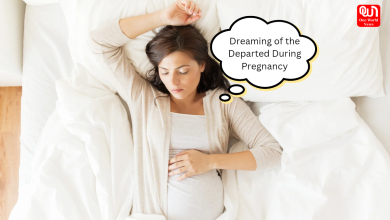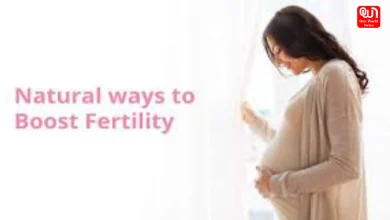Pregnancy in late 30s can be challenging! Why?
Pregnancy in late 30s is a challenge as it puts your body under stress and your health might take a toll! So, plan ahead!
Plan ahead! Pregnancy in late 30s comes with a lot of complications!
In recent years, societal norms around family planning have shifted, allowing individuals more flexibility in deciding when to start a family. Consequently, many people are choosing to delay pregnancy until later in life, often well into their 30s. While this trend offers certain advantages such as career stability and financial security, it also presents unique challenges, particularly for women, when it comes to fertility and conception. Here, we explore why getting pregnant in late 30s can be challenging.
- Declining Fertility: One of the primary reasons why conceiving in your late 30s can be challenging is the natural decline in fertility that occurs with age, particularly for women. As women age, the quantity and quality of their eggs diminish, making it more difficult to conceive. By the time a woman reaches her late 30s, her ovarian reserve—the number of eggs remaining in her ovaries—has significantly decreased, reducing her chances of getting pregnant each month.
Read more: What are the Top 10 breeds of horses in India? (oneworldnews.com)
- Increased Risk of Chromosomal Abnormalities: Another concern associated with advanced maternal age is an increased risk of chromosomal abnormalities in offspring, such as Down syndrome. As women age, the likelihood of producing eggs with chromosomal abnormalities rises, leading to a higher incidence of genetic disorders in pregnancies conceived later in life. This risk becomes more pronounced in women over 35 and continues to escalate with age.
- Higher Rates of Miscarriage: Women in their late 30s also face an elevated risk of miscarriage compared to younger counterparts. This increased risk is attributed to various factors, including age-related changes in egg quality and the higher prevalence of chromosomal abnormalities in older eggs. As a result, women in this age group may experience more challenges maintaining a healthy pregnancy and may be more likely to encounter pregnancy loss.
- Reproductive Health Issues: Beyond age-related factors, women attempting to conceive in their late 30s may also encounter pre-existing reproductive health issues that can complicate fertility. Conditions such as polycystic ovary syndrome (PCOS), endometriosis, and diminished ovarian reserve are more prevalent in older women and can interfere with ovulation, fertilization, or implantation, further hindering conception efforts.
- Reduced Response to Fertility Treatments: For individuals struggling to conceive naturally in their late 30s, assisted reproductive technologies (ART), such as in vitro fertilization (IVF), may offer hope. However, advanced maternal age is associated with lower success rates in fertility treatments. Older women may have fewer viable eggs for retrieval, reduced egg quality, and a lower likelihood of embryo implantation, diminishing the effectiveness of ART and potentially requiring multiple cycles to achieve a successful pregnancy.
- Time Constraints and Pressure: As women approach their 40s, the biological clock becomes a significant factor in family planning decisions. The awareness of declining fertility and the desire to conceive before reaching advanced maternal age can create stress and pressure for couples trying to conceive in their late 30s. This time constraint can lead to feelings of anxiety, frustration, and disappointment if conception does not occur as quickly or easily as anticipated.
- Balancing Career and Parenthood: Delaying pregnancy until later in life often coincides with career advancement and professional pursuits. While this approach allows individuals to establish themselves professionally, it may also pose challenges in balancing the demands of parenthood with career responsibilities. Women in their late 30s may face difficult decisions regarding maternity leave, childcare arrangements, and work-life balance, adding complexity to the journey of starting a family.
Read more: How can Keto Diet help with weight issues? (oneworldnews.com)
In conclusion, while choosing to get pregnant in your late 30s offers certain advantages, such as increased maturity and financial stability, it also presents significant challenges related to fertility and conception. Understanding these challenges and seeking appropriate medical guidance can help individuals navigate the complexities of starting a family later in life and increase their chances of achieving a healthy pregnancy.
Like this post?
Register at One World News to never miss out on videos, celeb interviews, and best reads.








